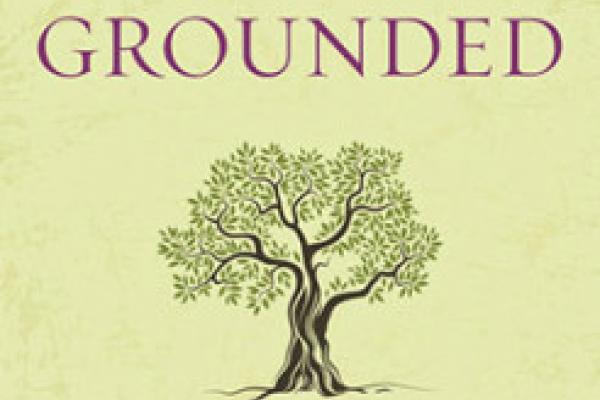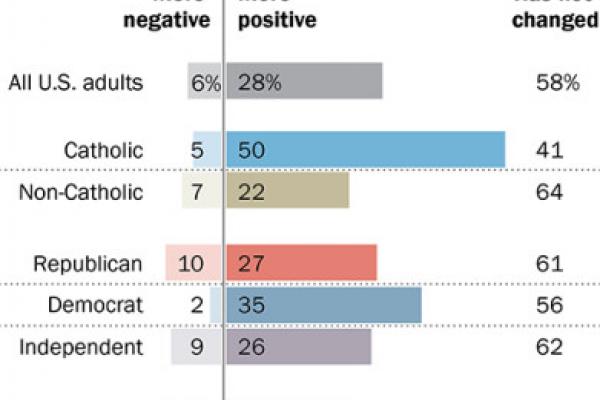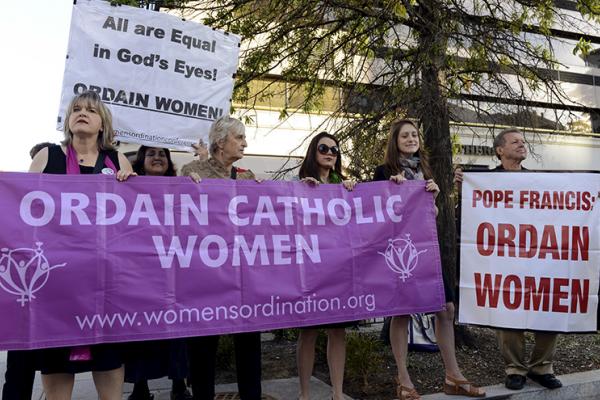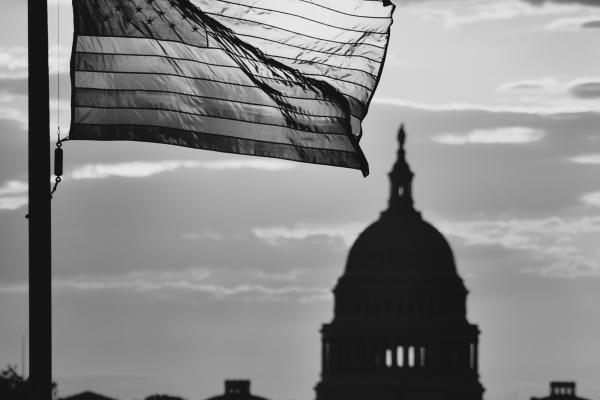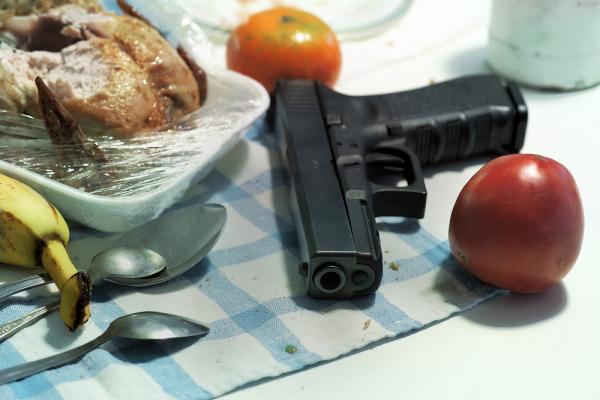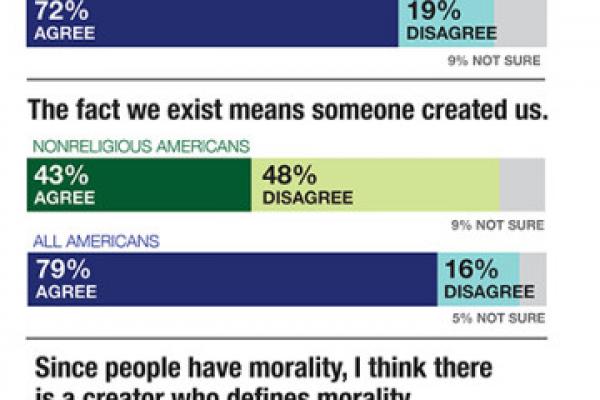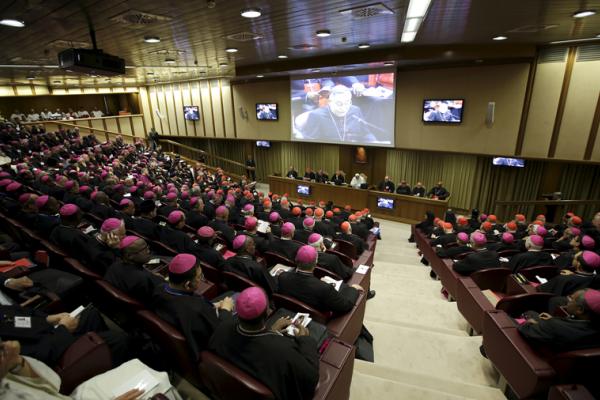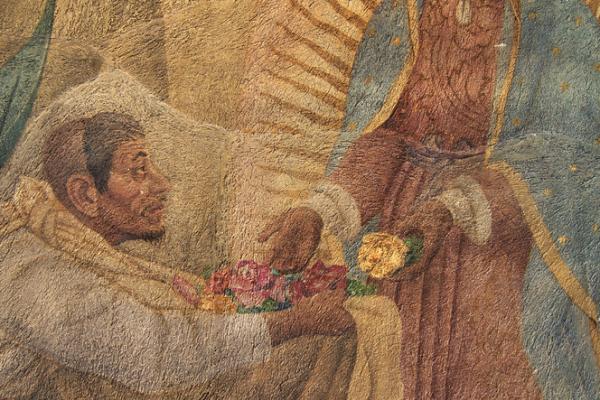Four mornings a week, in the tranquil, blushing hours of morning, Diana Butler Bass drives to a familiar walking trail along the Potomac River and embarks on a two-mile stroll.
Creeping sunlight peppers the wooded scene. And the babble of active water silences the jangle of daily life.
Some days she finds a comfortable bench along the river where she can journal. Other days, she observes creation.
For Bass, a learned nature connoisseur, ardent gardener, and noted religion academic, God does not merely exist inside reverent, adorned church spaces.
God also lives in the soil and exists in the elements.
Pope Francis’ first U.S. visit gave his already-high favorability ratings only a modest bounce with most Americans — and no bounce at all among Catholics.
Yet his three-city September tour — from Congress to the United Nations and from cathedrals to a prison — generated significant goodwill toward the Catholic Church, according to a new survey by the Pew Research Center.
Pew’s survey, conducted just days after the pope returned to Rome, was released Oct. 7 and offers a snapshot of his initial impact.
The top finding: “Four times as many U.S. adults say their opinion of the Catholic Church is better now because of Pope Francis as people who say their impression has gotten worse,” said Greg Smith, associate director of research and co-author of the report.
The most controversial proposal floated so far at the high-level, high-stakes Vatican summit on church teachings on the family had nothing to do with gays or divorce, but instead ordaining women — not as priests, but as deacons.
Still, even that suggestion — made by a Canadian archbishop on Oct. 6, near the start of the closely watched, three-week synod called by Pope Francis — was considered eye-popping.
That’s because if the trial balloon floated by Quebec Archbishop Paul-Andre Durocher flies, it would represent a historic breakthrough for the Catholic Church, and Catholic women, by giving them access to the kinds of offices that only priests and bishops can hold.
As an Oregonian who grew up deer hunting in Oregon’s forests and fishing in Oregon’s rivers (including the beautiful Umpqua River), I have a deep respect for traditional hunting culture and responsible gun ownership. Like everyone else, I was overwhelmed with sadness at seeing the news of the recent shooting in the beautiful town of Roseburg, Ore. Like so many others who are praying for these families and for this town, I cannot imagine the sense of loss that the Roseburg families are going through right now. I add my prayers to the chorus of prayers; may God help these families and this community through this unspeakable catastrophe.
The Center for American Progress now claims that in 2015 fatalities caused by guns will surpass those caused by cars. For these reasons – and adding in the massive psychological damage caused by gun violence in families and communities — it is not an exaggeration to claim that gun violence is the single greatest domestic problem in the United States today. Gun violence is also, of course, a huge economic burden. Americans spend around $230 billion a year paying for it.
“We do not remember days,” the Italian poet Cesare Pavese said, “we remember moments.”
Pavese’s words have come to mind often as I’ve thought about Pope Francis’ historic visit to the United States, particularly when people have asked me what the “best part” of covering the papal visit was for me.
My answer is always the same: hands down the best part was watching people see (and sometimes meet) Pope Francis in person for the first time.
When it comes to the facts surrounding domestic violence (or intimate partner violence), the challenge presented in the fourth chapter of 2 Timothy remains as relevant today as it was more than 2000 years ago. In the U.S., “abundant life” competes regularly with the false prophets of violence. The terrifying rate at which women are dying at the hands of their intimate partners intersects with an entrenched American gun culture that has sold believers on the idea that more guns means more safety. In reality, women in the U.S. are 11 times more likely to be murdered with a gun than women in other high-income countries.
Over the course of October, or Domestic Violence Awareness Month, an average of five women per day—155 total—will be killed with guns. Intimate partners will comprise the majority of their killers, and too many who embrace death over life will come from Christian congregations.
The recent shooting in Oregon marks the 294th mass shooting in 2015 alone, a terrifying number in its own right and a reminder of just how far America has enmired itself in the consequences of its gun culture. More than half of all mass shootings also include the death of an intimate partner and family member.
You don’t have to believe in God or identify with any religion to see a creator’s hand in human life and morality, suggests a new survey.
LifeWay Research’s overall finding — that most Americans believe there is a creator who designed the universe and defines human morality — is not surprising. After all, 3 in 4 U.S. adults identify with a religious denomination.
The surprise is that so many people who don’t identify with a religion — so-called nones — agree.
The Vatican’s high-level meeting on the family continued Oct. 6, with bishops emphasizing the need for open discussion on divorced and remarried Catholics.
The 62 bishops who have so far spoken at the gathering, called a synod, appeared to push back strongly against remarks Monday by Hungary’s Cardinal Peter Erdo, who defended the church’s exclusion of divorced and remarried couples from receiving Communion unless they’ve been granted an annulment and remarried in the church.
Speaking to journalists on Tuesday, Archbishop Claudio Maria Celli, president of the Pontifical Council for Social Communications, said there would be an open discussion on the topic.
“The synod has a wide vision … of the universal church,” Celli said.
We’d really like to have an explanation that makes these killers “other” than the rest of us. So we say they are mentally ill and demand our society do a better job caring for them.
While it’s true that we need to do a better job caring for the mentally ill, the vast majority of people with mental illness will never harm anyone. Mass murderers don’t tend to be mentally ill.
The Vatican announced Oct. 6 that Pope Francis would visit Mexico in 2016, reports the Huffington Post.
It has also been confirmed that on the trip, he will go to the shrine of Our Lady of Guadalupe. In addition, he is expected to go to a location at the border with the U.S. where immigrants without papers try to make the perilous journey north.
